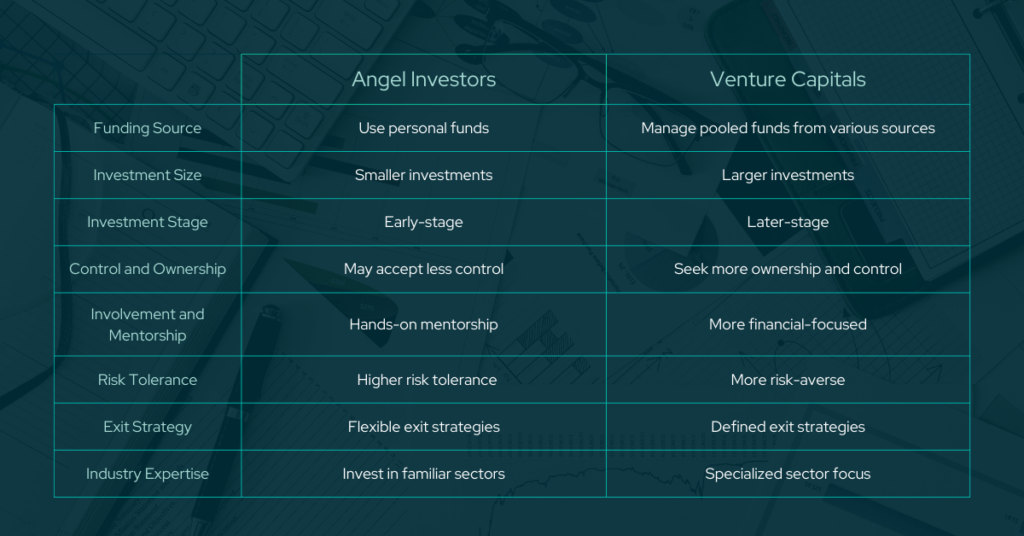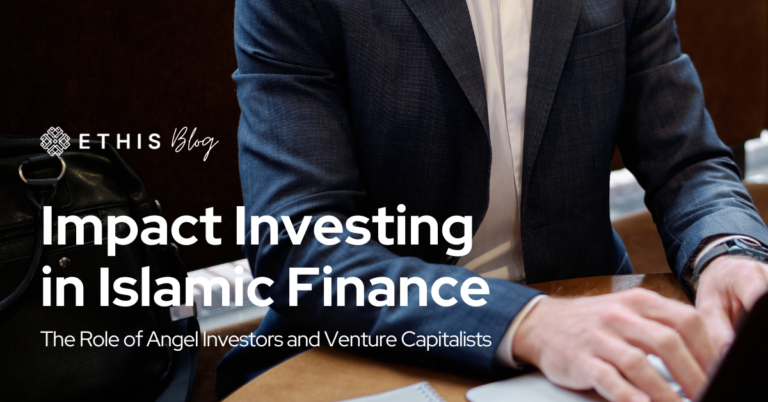
Impact investing is a symbiotic blend of financial profit and societal change. It’s more than just a trend—it’s an ethical imperative. Within the Islamic financial ecosystem, this form of investing holds paramount importance, ensuring that investments not only yield profits but also facilitate positive societal outcomes.
The Dual Role of Islamic Investments
Investors who uphold Islamic values must always consider the externalities and consequences of their investments. While an investment may align with Islamic finance principles, it may not necessarily address the genuine needs of society. For instance, one might invest in a Shariah-compliant Buy Now-Pay Later (BNPL) platform, which carries very minimal risk and primarily caters to instant gratification, allowing users of that platform to make purchases when they lack immediate funds. However, BNPL platforms are often used for discretionary spending rather than essential needs. While such an investment may meet Shariah requirements, it might not yield a substantial societal impact.
On the other hand, putting money into ventures such as Small and Medium Enterprises (SMEs) or startups can significantly benefit society by introducing new products, fostering innovation, and creating more job opportunities. While these investments come with greater risks, they can lead to profoundly positive outcomes when they succeed.


The Vital Role of Angel Investors and Venture Capitals (VCs)
This is where angel investors and VCs play a pivotal role. Angel investors are typically high-net-worth individuals who provide early-stage capital to startups and SMEs. They bring not only financial support but also mentorship, industry expertise, and valuable networks. Their investments often nurture innovation, stimulate economic growth, and foster job creation, all while adhering to Islamic and ethical standards. Their role often echoes the traditional Islamic financial concept of Mudarabah., where the owner of the capital (Rabb al-mal) acts as a sleeping partner while providing capital to the entrepreneur (Mudarib) to start and run a new business.
VCs, on the other hand, specialize in collecting capital from investors into one pool and providing them to businesses with high growth potential. In the Islamic Finance ecosystem, venture capitalists have the ability to back innovative startups that may significantly impact society. These investments can catalyze advancements in various sectors, from technology to healthcare, ultimately promoting a prosperous and sustainable economy.
Differentiating Angel Investors and VCs
But what are the underlying differences between Angel Investors and VCs? Let’s delve deeper into their differences below:


Key Benefits and Positive Impact of Angel Investors and VCs


1.Cultivating the Seeds of Innovation



Picture this: Muslim angel investors and VCs as the nurturing gardeners of innovation in the Islamic economy. By injecting funds into emerging Islamic enterprises, they’re essentially watering the seeds of creativity and entrepreneurship. The ripple effect? A flourishing marketplace that not only drives growth but also serves up a bounty of opportunities for investors and entrepreneurs alike.
2. Economic Growth
By investing in startups and different promising projects, angel investors and VCs can serve as catalyst entailing economic empowerment of society. Investments in startups and small enterprises lead to the creation of jobs, contributing to the economic well-being of the community. This also falls in line with the Islamic principle of contributing to the welfare of society.


3. Empowering Shariah-Compliant Visionaries
In the dynamic world of Islamic startups, many promising ventures often face a challenging hurdle: securing investments from conventional sources who might not fully grasp the intricate tapestry of Islamic principles and the unique demands of this market. Enter the unsung heroes— VCs and Muslim angel investors. They’re not just providing a financial lifeline; they’re also offering invaluable mentorship, industry savvy, and a gateway to influential networks, giving these startups a fighting chance to thrive.
4. Circulating Good
Beyond the spreadsheets and balance sheets, Muslim angel investors are driven by a higher purpose. It’s not just about dollars and cents; it’s about making a meaningful difference. By backing and investing in Shariah-compliant startups, they’re sowing the seeds of positive change within the Muslim community and, by extension, the world. It’s a mission where everyone wins—a true win-win scenario.


In conclusion, within the realm of Islamic finance, impact investing is bridging the gap between financial aspirations and meaningful societal contributions. Angel investors and venture capitalists are at the forefront, offering not just capital but also invaluable mentorship and resources. Their combined efforts are championing a future where wealth generation and societal upliftment coexist harmoniously





Top Posts
Islamic P2P Crowdfunding Explained
How to Earn Halal Money? The Money Mindset
Halal Investments for Singapore Muslims? It’s time for a shake-up in the Islamic Investments scene.
Smart investment for making Halal money
3 Reasons Why Property Crowdfunding is the Smart Investment for You